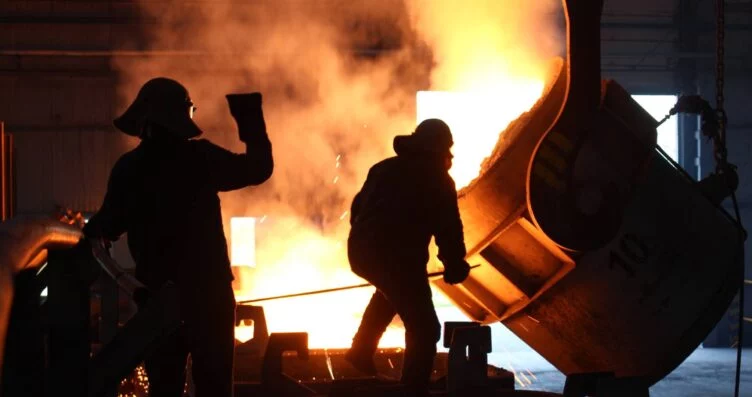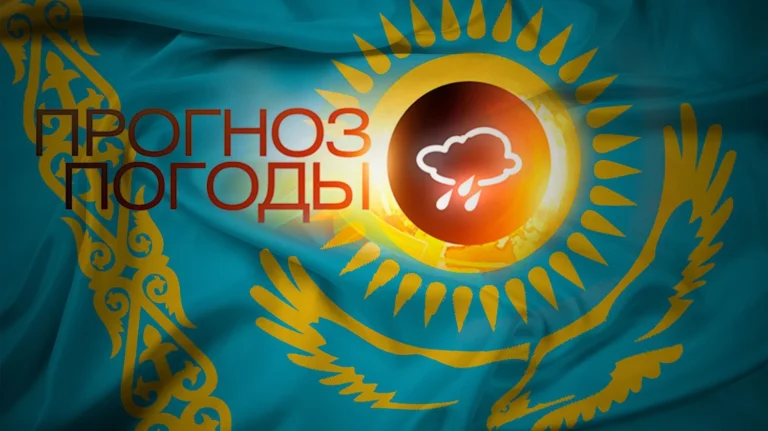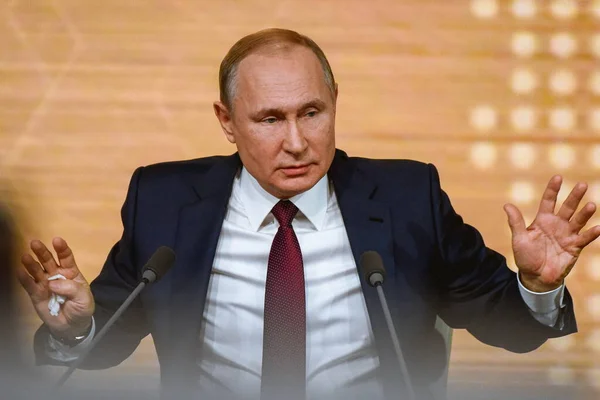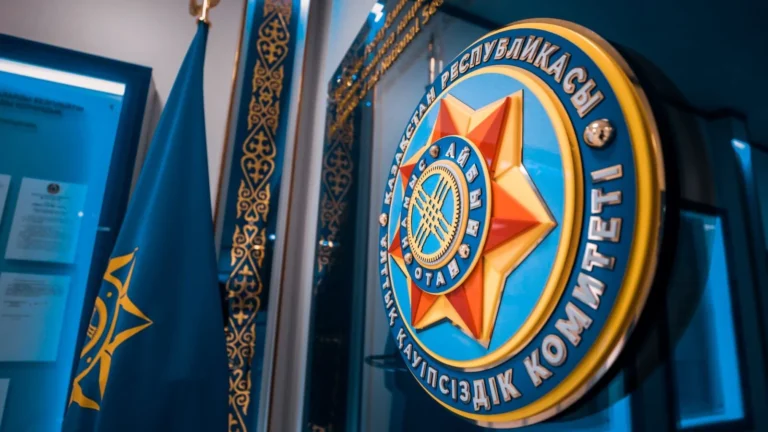Miners push for better social protection – do they have enough leverage?

After the death of 46 workers in a mine blast in October, Kazakhstan’s miners stepped up their campaign for better social protection.
Kazakhstan is the only post-Soviet nation to abolish Soviet-era social guarantees to workers involved in particularly dangerous jobs. Kazakh laws also considerably restrict the activity of independent trade unions.
The miners’ trade unions have for years been demanding that the retirement age for miners be lowered from the current 63 years for men and 61 for women to 55 and 50 respectively. They say miners simply do not survive till the current official retirement age.
In September the government proposed a bill introducing social benefits for workers doing dangerous jobs from the age of 55 until retirement.

The miners’ and metal workers’ unions, which represent more than 170,000 workers altogether, have criticised the bill as incomplete and falling short of their expectations.
Asylbek Nuralin, chairman of the Qazaqmetal trade union of miners and metal workers, said the government did not discuss the draft bill with the trade unions, “however it is being presented as a result of a consensus” between all sides.
“We are going to insist that the bill does not fully represent the interests of the workers in question and does not ensure a decent level of social payments,” he said in a post on the trade union’s Facebook page.
Last week, Labour and Social Protection Minister Svetlana Zhakupova met trade union leaders to discuss their concerns, but no change in the government position has been announced yet.
Trade union expert Meyram Kazhyken of the Astana International University told Exclusive.kz that it will be hard for the government “to ignore” the miners’ demands.
“It is a festering problem, which has not been addressed for years,” he said.
However, he continued, to achieve anything the independent trade unions must keep up their pressure on the government.
“They need to make their case in a convincing way at all levels – parliament, ministries, everywhere, they have to talk, talk, talk to everyone,” Kazhyken said.
He said the trade unions also needed support from competent lawyers and economists.
“There is also a need for cooperation between political parties and the trade unions. Political parties need to appoint certain activists to raise miners’ issues with regional and national governments,” he said.
He said another option would be the creation of a political party that would represent the mining industry workers, “using all platforms to regularly speak out, demand and press” for their rights.
Kazhyken said that if the government did not heed their demands the miners could resort to strikes. However, the current legislation makes holding legal strikes extremely difficult.
“To announce a strike and hold it, they are required to go through complicated procedures – they might simply not get to a point when they can actually do it,” he said.
“If something is wrong, not in line with the law, organisers could face administrative or criminal charges. This is why for now they are using petitions – a soft, legitimate tool. But I would not rule out other methods,” Kazhyken said.
On 28 October an explosion at the Kostenko Mine in central Kazakhstan killed 46 miners. It was the deadliest accident ever at the ArcelorMittal Temirtau steel and mining enterprise controlled from the late 1990s by steel tycoon Lakshmi Mittal.
After the accident, the government announced plans to nationalise AMT and sell it to another private investor. The new investor’s name is expected to be announced before the end of the year.





Все комментарии проходят предварительную модерацию редакцией и появляются не сразу.